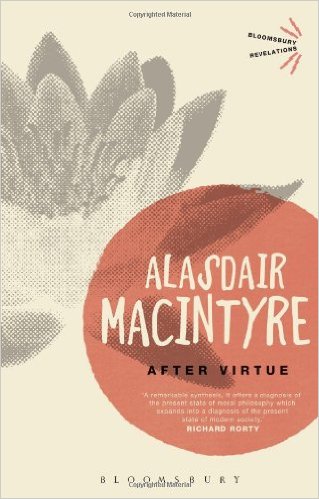Version française Recherche Actualités
Organisation :
Denis Forest, IRePh
Loraine Gérardin-Laverge, IRePh
Jeffery Nicholas, Providence University
Denis Forest, IRePh
Loraine Gérardin-Laverge, IRePh
Jeffery Nicholas, Providence University
Aller au contenu | Navigation | Connexion ksup
Version française / Recherche / Actualités

du 3 juillet 2017 au 5 juillet 2017
Bâtiment Max Weber (W)
Mis à jour le 13 mars 2018






